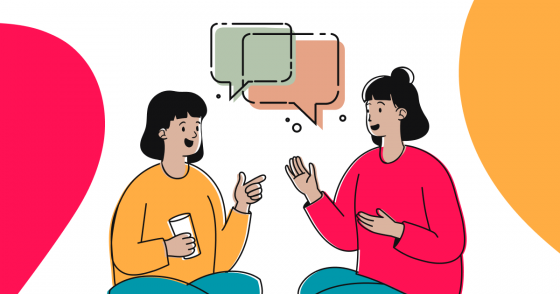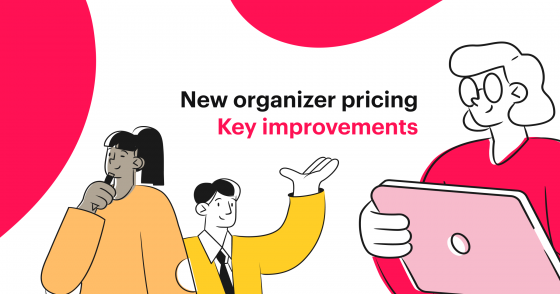Pursuing happiness in our day-to-day lives can be quite challenging, especially when there are obstacles that cause us stress and anxiety. One path toward a more pleasant existence is to look to the science of happiness.
Watch this Meetup Live fireside chat with psychologist Dr. Tal Ben-Shahar. He’s the co-founder of Happiness Studies Academy and author of Happier, No Matter What: Cultivating Hope, Resilience, and Purpose in Hard Times. Dr. Ben-Shahar discusses the optimal conditions for learning, growing, and becoming stronger in these times of uncertainty. Learn about evidence-based tools to help you thrive personally and professionally.
Main Takeaways on Happiness:
- (There’s no secret to happiness)
There are three secrets to happiness. The first secret to happiness is reality, the second secret to happiness is reality. The third one is reality so you know it’s about reality whether we like it or not, and we need to make the best of what is. - There are many predictors to happiness but what’s the number one predictor? Their answer was relationships.
- If someone in my family’s feeling down or a friend is, there’s a great deal that we can do to help – and by the way what I’m talking about now applies to our friends and it applies to us as well naturally.
The first thing is to listen. The next thing, we need to also talk about the body because mind and body are one. So physical exercise. - Tips on dealing with pain:
- The first one, talk about it. Talk about it with others, talk about it with a professional therapist or coach, or to your best friend, express it rather than suppress it. Writing about difficult experiences can go a long way. The third way in addition to talking and writing, is crying.
Top Q&A Questions/Resources:
- Do you think being grateful has anything to do with happiness?
- Absolutely, yes. So there’s a lot of research on that gratitude and well being
- I’ve been keeping a gratitude journal in particular, since the 19th of September 1999. The reason I did that was because Oprah told me to do it. In 2003, the first studies came out by Robert Emmons and Mike McCullough, and others about the value of keeping a gratitude journal, and you look at the happiest people around you, there are people who are grateful.
- What about introverts who don’t necessarily, enjoy your relationships with others?
- People enjoy relationships. Period. Just like people enjoy food. We don’t enjoy all food. Same with relationships. The question is what kind of relationships. The difference between introverts and extroverts matters a lot. We all want and can derive a great deal of enjoyment from relationships.
- How do you know if you are happy?
- It’s not a binary thing. Rather, it’s a continuum. I’m a lot happier than I was 30 years ago, still with the ups and downs – permission to be human – but I’m a lot happier than I was 30 years ago. At the same time I certainly hope that I will be happier five years from now than I am today.
I called my book Happier. I didn’t call it “happy,” because it’s about becoming happier. It’s a lifelong journey. It’s a journey that ends when life ends. The wonderful thing about this journey is that it’s engaging, it’s challenging, and it leads us to lead a more full and fulfilling life.
- It’s not a binary thing. Rather, it’s a continuum. I’m a lot happier than I was 30 years ago, still with the ups and downs – permission to be human – but I’m a lot happier than I was 30 years ago. At the same time I certainly hope that I will be happier five years from now than I am today.
- Additional resources:
- Poem: “The Guest House” by Jalaluddin Rumi
- Study: “On the Internet No One Knows I’m an Introvert: Extroversion, Neuroticism, and Internet Interaction”
- Study: “Counting Blessings Versus Burdens: An Experimental Investigation of Gratitude and Subjective Well-Being in Daily Life“
- Check out Dr. Ben-Shahar’s book: Happier, No Matter What
- Happiness Studies Academy
Last modified on June 4, 2021










